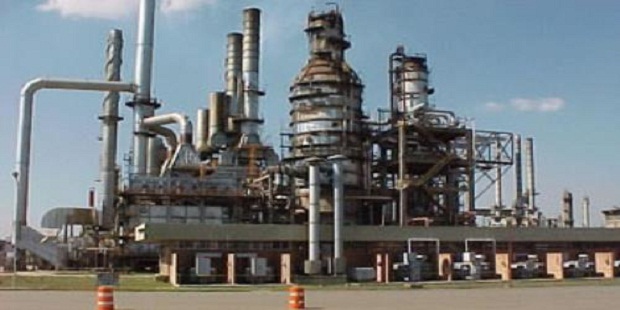The Nigerian government has initiated plans to fully privatize the nation’s major oil refineries, including the Port Harcourt, Warri, and Kaduna refineries.
This move, announced by Sunday Dare, Special Adviser to the President on Media and Public Communications, is aimed at addressing decades of inefficiency and underperformance in the refining sector.
Nigeria’s four state-owned refineries, with a combined capacity of 445,000 barrels per day, have been largely non-functional for over 40 years. According to a May 2023 report by the House of Representatives’ ad hoc committee on the nation’s refineries, the federal government invested more than N11 trillion in refinery rehabilitation between 2010 and 2023.
Despite this, the moribund state of the refineries forced the country to rely on costly fuel imports, draining foreign reserves and exacerbating fuel scarcity.
- Advertisement -
The privatization initiative, in conjunction with private sector-led refining efforts like the Dangote Refinery and modular refineries, aims to restore local refining capacity and end the nation’s dependence on imported petroleum products.
Under this plan, the Warri and Kaduna refineries will be run and maintained by private companies engaged by the Nigerian National Petroleum Company Limited (NNPCL).
Experts like Dr. Muda Yusuf, CEO of the Center for the Promotion of Private Enterprise, have emphasized the need for a management model where private investors hold a majority stake, ensuring efficient operations.
Industry stakeholders, including PENGASSAN, have advocated for a public-private partnership modeled after the Nigeria LNG framework, where private investors own 51% and the government retains 49%.
The privatization of the refineries has significant implications for Nigeria’s economy. Locally refined petroleum products will reduce the country’s import bill, alleviate pressure on foreign exchange reserves, and create jobs across the refining and supply chain. With private operators ensuring efficiency, fuel shortages and queues could become a thing of the past.
- Advertisement -
For investors, the refineries present opportunities to tap into Nigeria’s vast domestic energy market. As the government shifts its role from operator to regulator, private investors can capitalize on a more liberalized oil sector.










